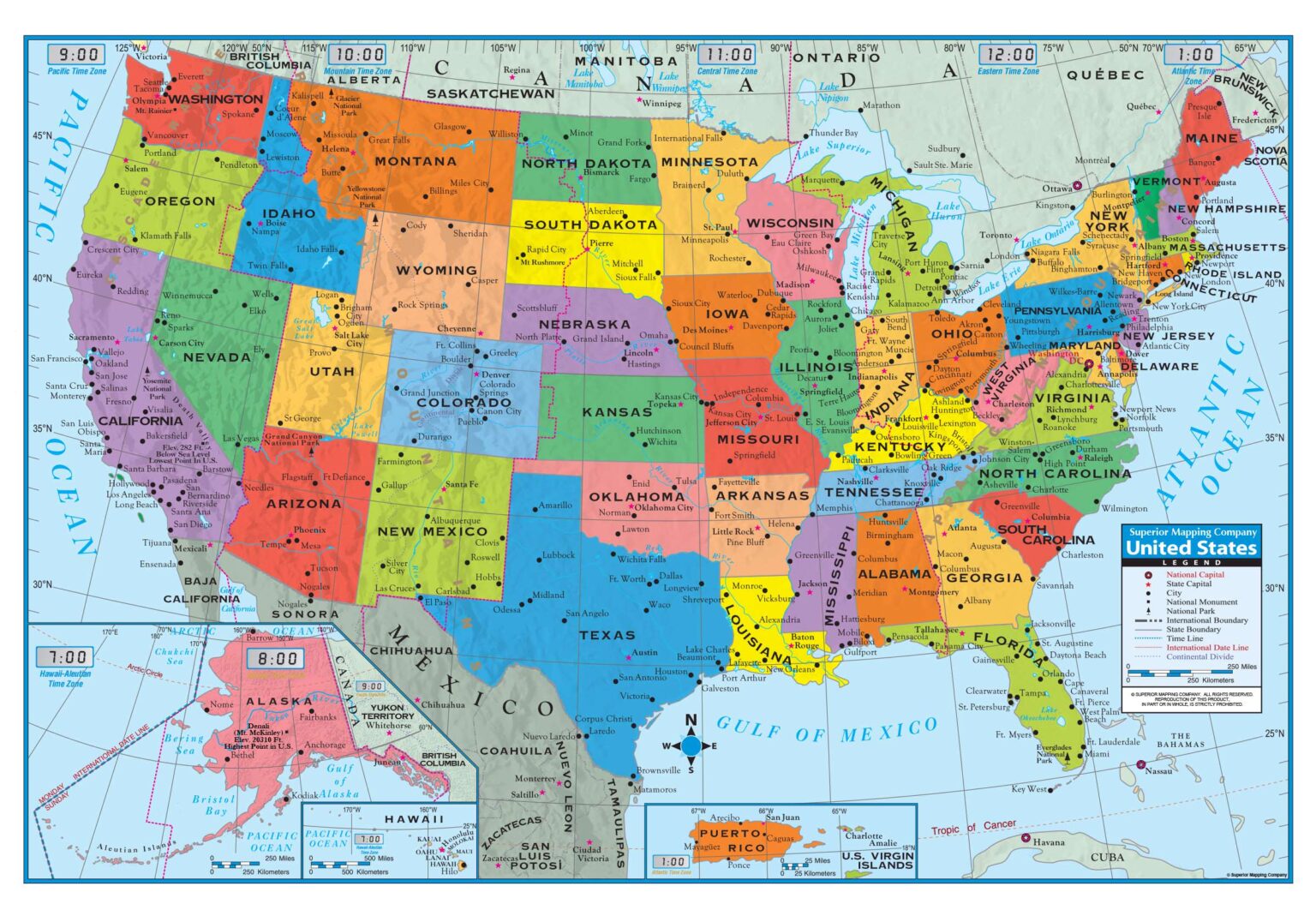
2020 U.S. Census results: How will Congress change in 2022?
The 2020 U.S. Census results are in, meaning there’s going to be a shakeup in the House. Specifically, the House of Representatives. Because the U.S. House of Representatives is based on population, seven states are losing seats this year and six states are gaining them.
So if you’re wondering if you got a new Representative due to the U.S. Census results, or which Congressional seat is getting the ax in your state, tune in and find out how this whole process works.
The Census Bureau just released the first #2020Census results, which included the number of seats each state will have in the U.S. House of Representatives. Here are the results 👇 https://t.co/RHvocjkXow #Apportionment #CensusBureau pic.twitter.com/2QuyrHccDJ
— U.S. Census Bureau (@uscensusbureau) April 26, 2021
Staying & going
According to the U.S. Census, the 2020 results dictate the following states are gaining seats (and how many they’re getting). Texas gained two, and Colorado, Florida, Montana, North Carolina and Oregon all gained one. The seven states that lost one seat each are California, Illinois, Michigan, New York, Ohio, Pennsylvania and West Virginia.
Now, if you’ve followed U.S. politics in any capacity, you’ll notice the list of states gaining a seat, particularly Texas, is much redder than the list of predominantly blue states like California. Not to mention three key swing states: Michigan, Ohio, and Pennsylvania, will lose a seat.
USA Today pointed out that the shift due to the 2020 Census results could affect the 2022 Midterms since Democrats hold a “narrow majority” of six seats (218 D vs 212 R).

Population shifts
USA Today also pointed to a border trend since 1940: population has steadily shifted from the North & East to the South & West for the last eighty years. However, the 2008 Recession may have affected some of these numbers due to U.S. residents feeling the pinch of higher costs of living and overall stagnating wages.
California, specifically, bucks the trend noted by USA Today by being a western state that’s losing a seat. However, there could be a reason: cost of living. The median home cost in California is over $550,000, over double the U.S. average of around $250,000. Overall, it’s 50% more expensive to live in California than the rest of the U.S. per Bestplaces.net.
The U.S. Cost of Living index backed these claims up but claimed California bore a “38% higher cost of living than the average city in the nation” per Ramsey Solutions, a real estate firm.

Gerrymandering
Whatever the reason for the 2020 Census results, one question remains: which seats are being cut and how? Meaning the topic of gerrymandering will rear its ugly head once again.
States are free to decide how to redraw their own districts. While some states, like Michigan, have voted for independent redistricting committees, others potentially allow parties in power to redraw the lines to benefit them, rather than on their state’s changed demographics.

Michael Li, senior counsel for the Brennan Center for Justice’s Democracy program, told USA Today that “aggressive gerrymandering” based on the 2020 U.S. Census results could give Republicans an edge in the 2022 Midterms, which could minimize the impact of new voters, particularly voters of color.
Li elaborated: “Redistricting will be a continuation of the war on voting, on steroids, because you can do a lot of things in redistricting to tamp down the power of growing communities of color . . . because people see political risk.” He pointed to the growing Latinx communities in Texas as an example, claiming if their growth in population wasn’t properly represented in redistricting, it could lead to litigation.

For the People Act
Currently, the For the People Act, a federal bill that passed in the House, is making its way to the Senate. The bill mandates independent, nonpartisan committees to redistrict states on an as-needed basis. It was passed along party lines, with Democrats favoring it and Republicans opposing it.
Rep. John Sarbanes, who reintroduced the bill, explained: “2020 election underscored the need for comprehensive, structural democracy reform. Americans across the country were forced to overcome rampant voter suppression, gerrymandering and a torrent of special-interest dark money just to exercise their vote and their voice in our democracy.”
It was initially introduced in 2019, but when it was passed, USA Today reported that then-Senate Majority leader Mitch McConnell wouldn’t allow a vote to be called on it, calling it a “terrible bill”.
Now, with a 50-50 tie in the Senate, a vote on the bill is expected soon, and it could pass. However, when it hits the Senate floor, Li further explained it will likely face another political obstacle: the filibuster. This is a U.S. Senator’s power to delay a vote on a bill by speaking endlessly on the floor about anything, even by reading Green Eggs & Ham as Ted Cruz famously did when he filibustered the ACA in 2013.
Whether the For the People Act will be filibustered, or face legal challenges if it’s signed into law, remains to be seen.







